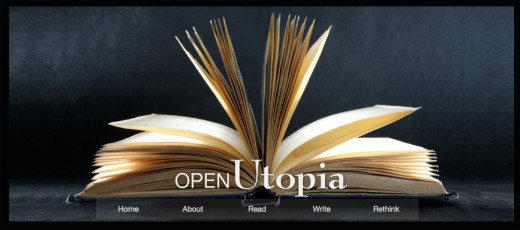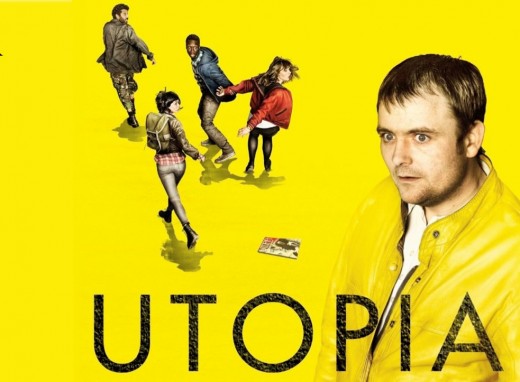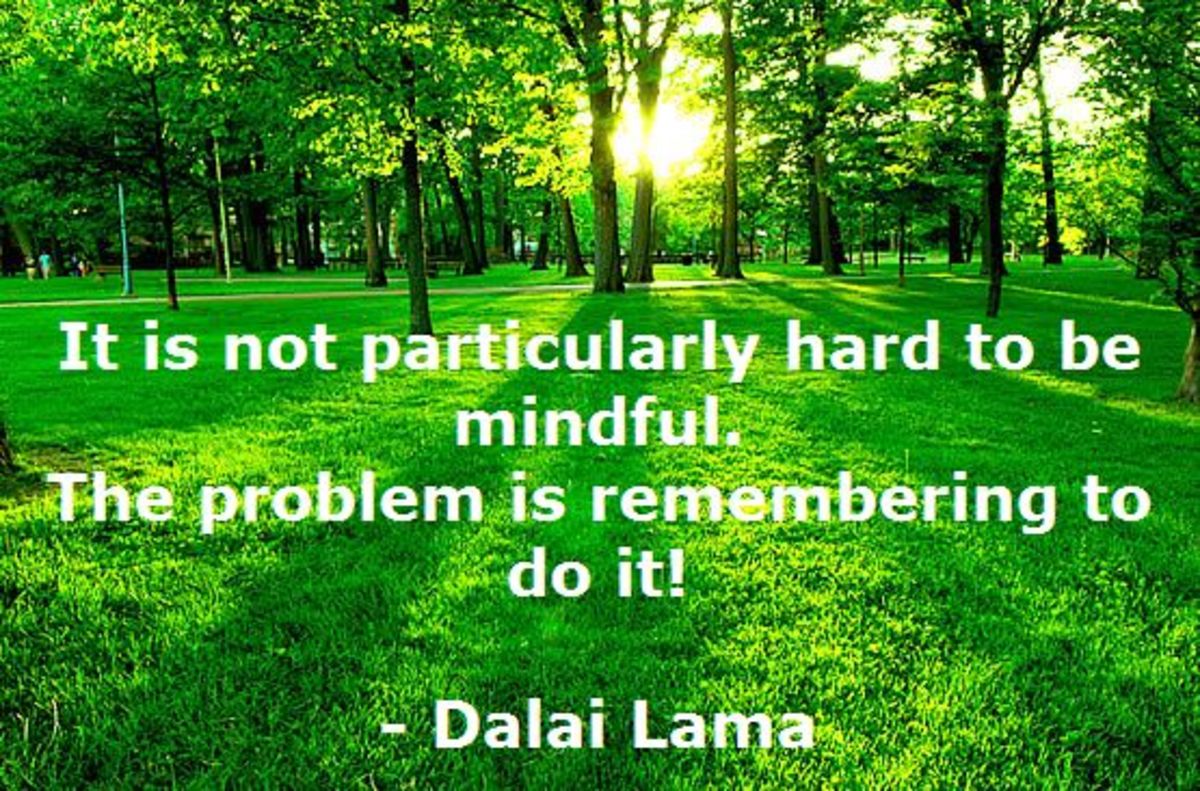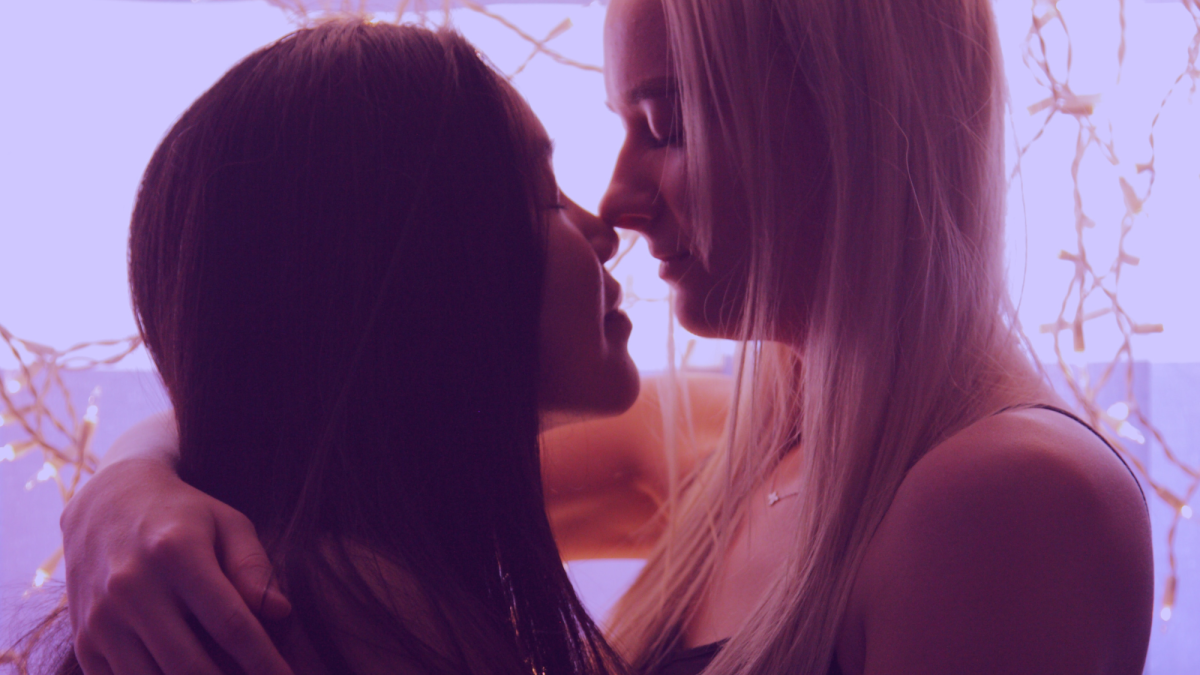Open Utopia
Introduction
Utopia is a difficult notion in the 21st century, today, people are well informed. People know the fallacies of the previous eras. Interestingly, we now require utopia more than ever. We live in an era devoid of alternatives. Income disparities have dramatically risen among and within countries. The independence of nations has been preempted by the hegemony of world financial institutions. Widespread protests serve to prove dissatisfaction with the current structure.
Open Utopia is a full English edition of Thomas More’s Utopia that honors the primary principle of the Utopia itself: that all possession is a common possession. Licensed underneath Creative Commons, Open Utopia portrays this note and continues the ritual. Utopia is more than the narrative of the far-off territory with no confidential property. Its content that instructs us how to come up with texts in an open way: open to re-creation, open to condemnation, and open to involvement. Utopia is up to all to have imaginations of how it’s all about. Utopia gives a glimpse of the alternative world that is better than what we currently see.
Open Utopia

Utopians have been criticized by conservatives, from Karl Marx to Fredrick Engels, for ignoring the tangible matter of the present world (Marx, Engels, 66). Utopia is self-deception; it gives a high which gives a devastating low when the bubble is broken. Political factions, the Right and the Left wingers agree that Utopia is an awful scheme. It involves designing demos, not consulting them; it is the most accurate depiction of a fantastical option. Volatile voting patterns, street protests, and opinion polls exhibit extensive dissatisfaction with the present system, yet the common comeback so far has chiefly been inadequate to all the angry outcries. But repudiation affects nothing by itself.
According to the Bible, the truth shall set you free. What was considered the truth at the time was very different from what we know today. The belief in the truth is critical to modern political ideology. Criticism is dependent on belief; belief is not immune to criticism. Citizens do not need capitalism to flow with it; it does not matter anymore. We are stuck between the devil and an infinite sea. The most popular advice among scholars of utopia is “go through with the play that is acting the best you can,” abandon confrontation for a more pliable philosophy. The Utopian isle is between two hundred miles; it grows narrower on both ends and is safe from the winds. This is the definition of fantasy, according to More. The fundamentals of Utopia is the community of property, from this, everything grows.

Utopia is a fabricated word concocted by More from the Greek terminology ou (not) with topos (place). It is a space that is, plainly, noplace. Utopia, the name of the atoll, means nowhere; Amaurot, which is the Utopian city described by More, means phantom. How is he to be taken seriously? There are other aspects to the Utopian story, excellent reasoning for both can be made, and however, they obstruct the true meaning. In More’s advice to Hythlobay in book 1 concerning social criticism, rather than confront people with a direct alternative opinion, it is more effective to employ an indirect approach; this meets people where they are. Utopia holds a dissimilar place; it is present (Shukaitis, 12). As an ideal, it may be on the horizon forever. However, More’s Utopia is a physical entity that someone can behold. When Utopia is spoken about, the resulting discussion degenerates into a debate concerning the contents of the book; if the society in the question is to be admired or condemned.
Utopic fantasies are integral; they give people a reason to believe and hope. This imagination may become law to be adhered to. Utopia is practical; man will always attempt to put it into practice. It is considered a method for planning. Utopia is a book which confronts the reader personally; it poses the question “What if?” This provokes a personal response. Utopia moves away from ordinary practices of society, in the end, there is no agreement on how attractive Utopia will look like or how to know if we have truly created or imagined one. The truth is brutal and sincere in equal measure; Utopia is someplace and no place.





